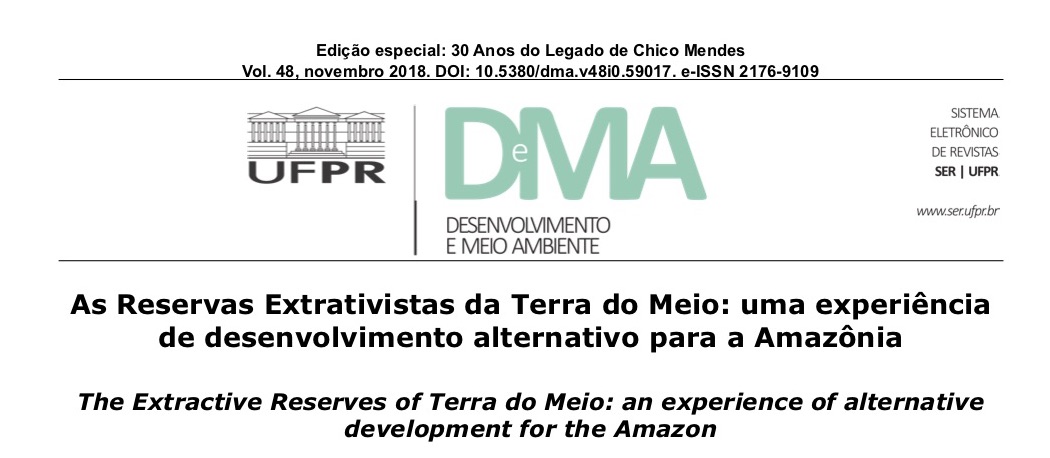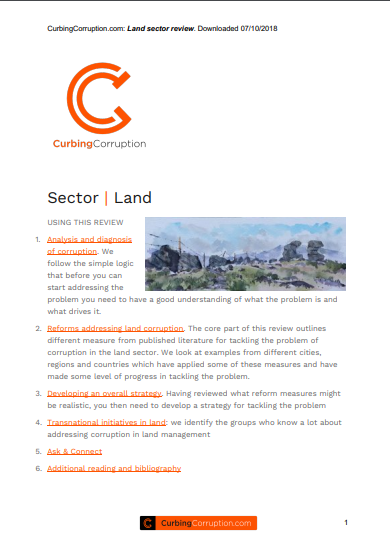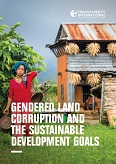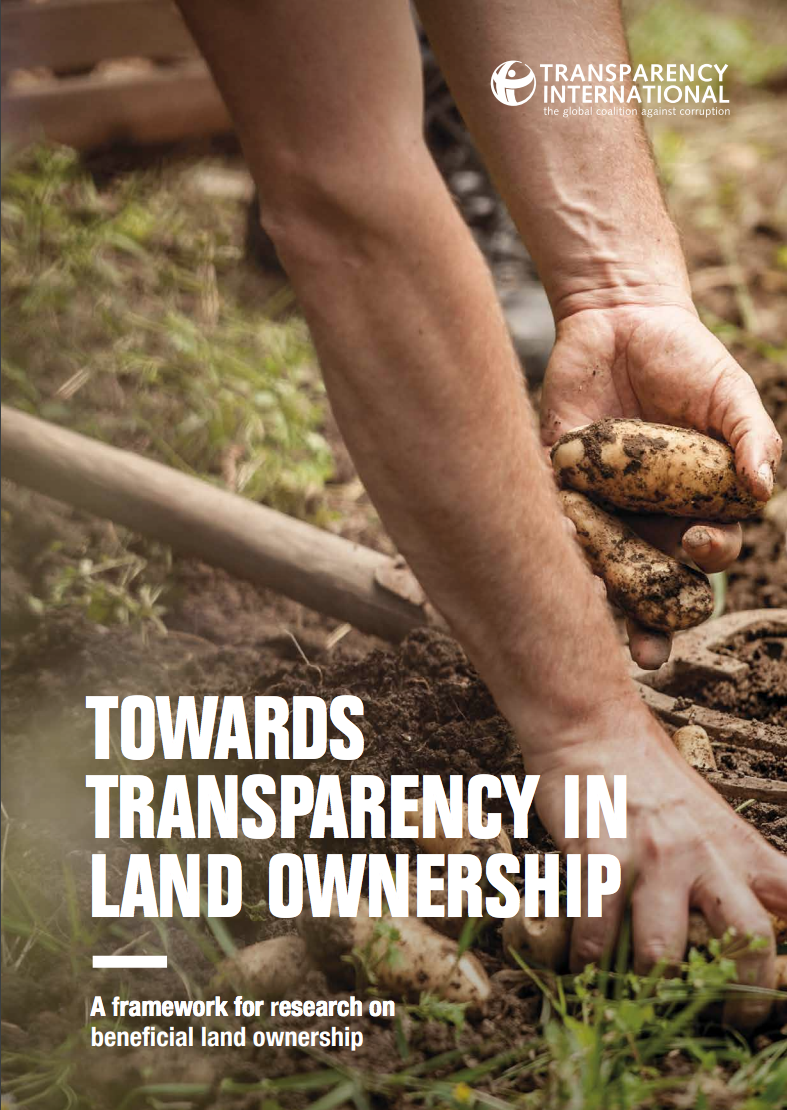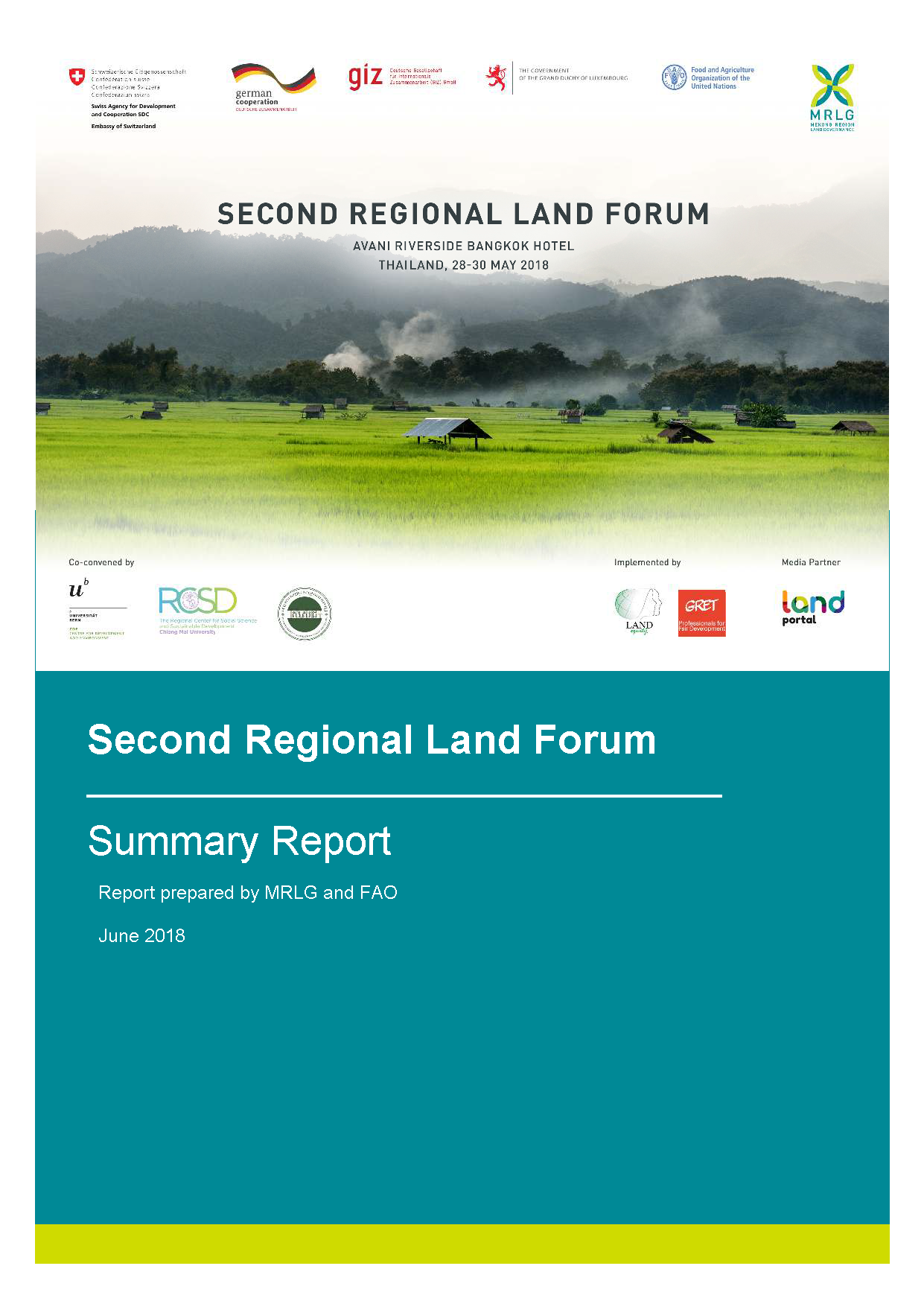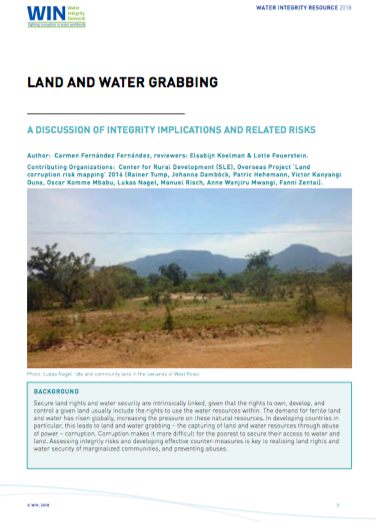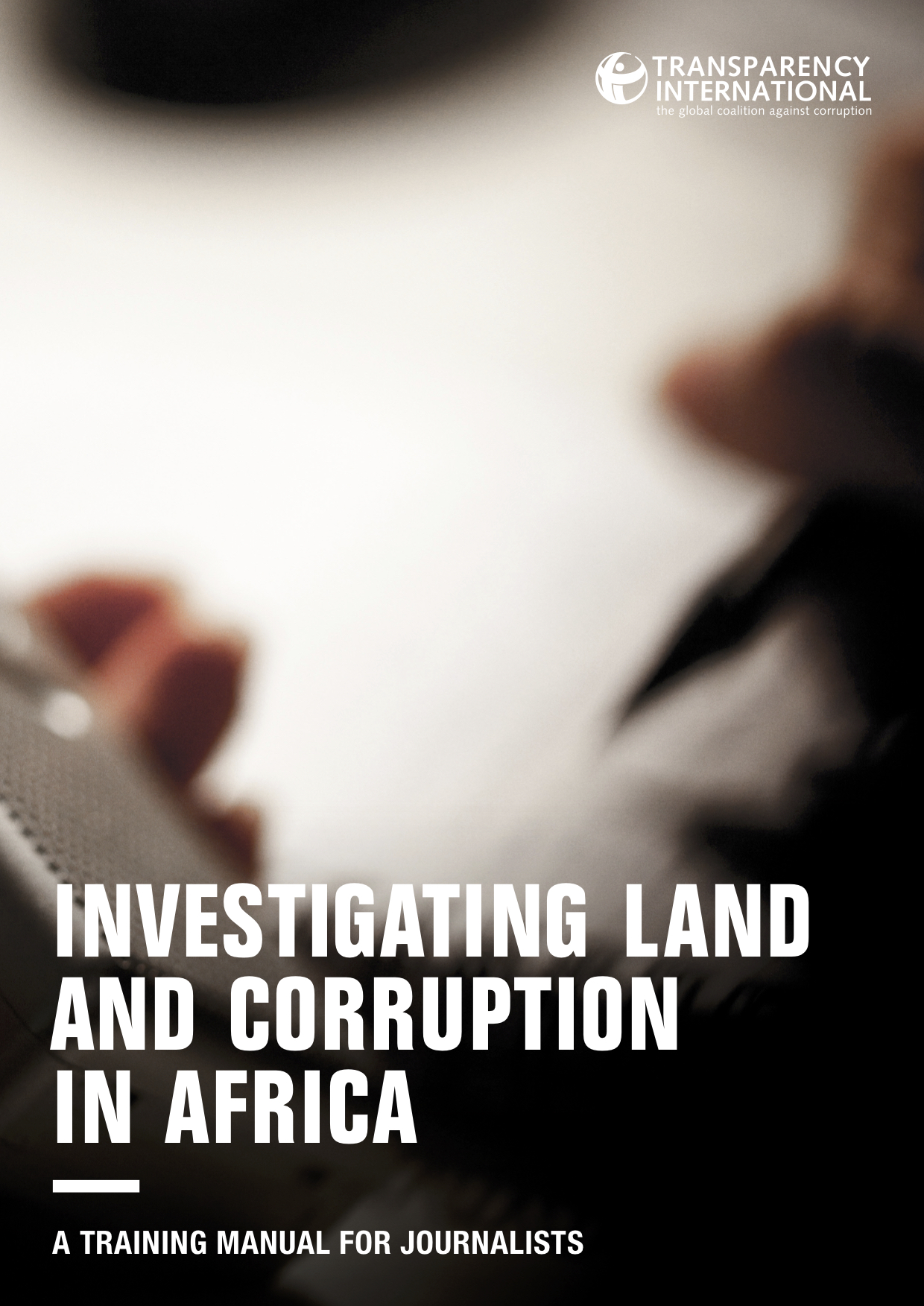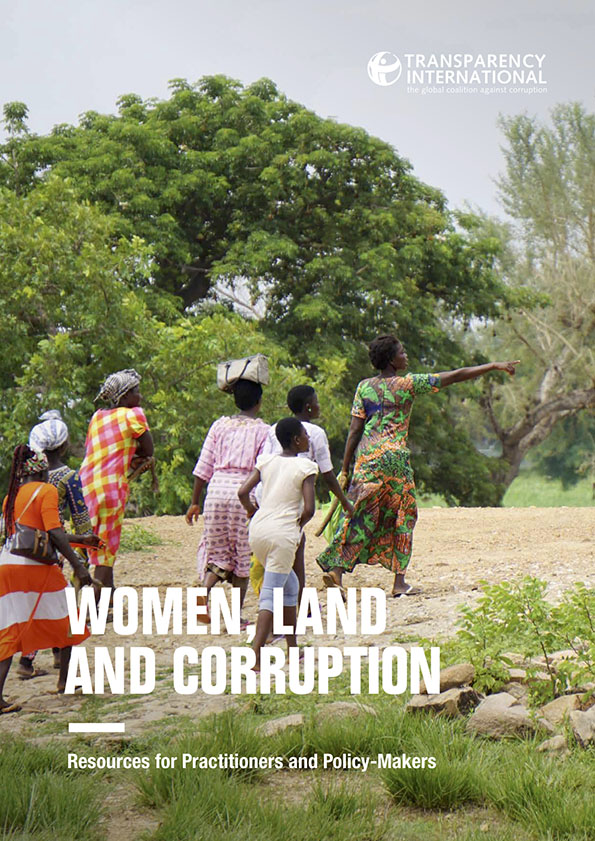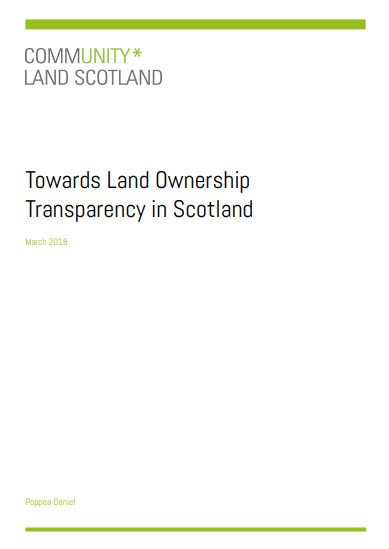As Reservas Extrativistas da Terra do Meio
As reservas extrativistas, um dos legados do movimento organizado dos seringueiros do qual Chico Mendes foi um dos grandes protagonistas, foram idealizadas como proposta de desenvolvimento para Amazônia e para os povos da floresta, alternativa ao modelo estatal hegemônico, de características ambientalmente predatórias e socialmente excludentes. Desde o assassinato de Chico Mendes em 1988 foram criadas 88 reservas extrativistas (sendo 62 federais e 26 estaduais).

